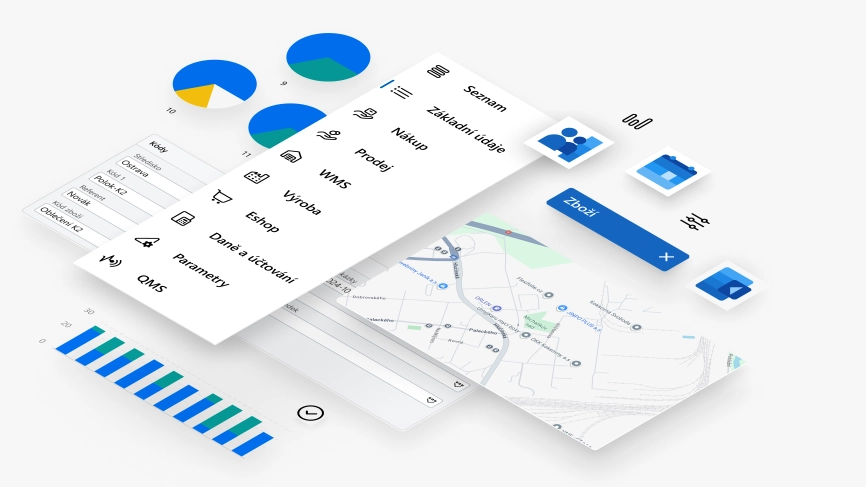Are you thinking about it?
We will guide you in choosing an enterprise system!
Selected references
KOH-I-NOOR HARDTMUTH a.s.
I am convinced that the decision to choose K2 was the right one.Vlastislav Bříza, general manager
GIENGER spol. s r.o.
With K2, we have increased both performance and profits. One person can do two people's work.Vítězslav Hanák, managing director
Epico International s.r.o.
K2 ERP significantly increased our warehouse performance and shipping speed.Roman Nováček, CEO




